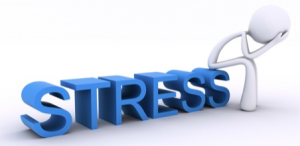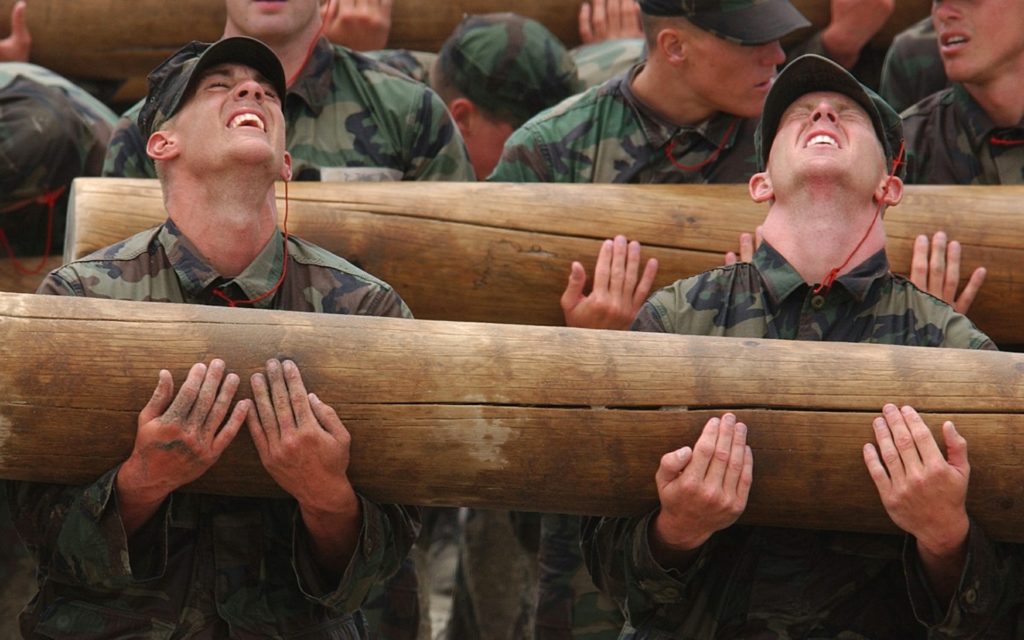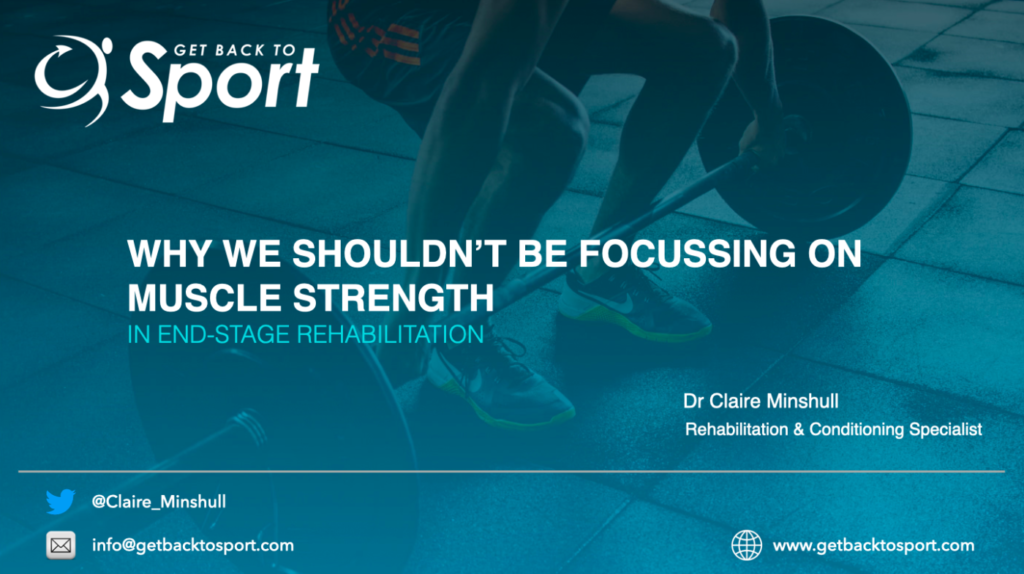Do we need to rehabilitate the mind as well as the body?
Yes!

If you’ve ever suffered an injury, I’m sure you’ll relate to this question, and probably agree with me that it should actually be a statement.
Injuries clearly have a physical impact on the body, but they also have a psychological impact too. This may manifest in a series of emotions, thoughts and feeling, which may vary according to many things, including:
- Personality
- Length of injury
- Prior experience of injury
- Severity of injury
- Coping skills
- Self-perceptions
Let’s take an example and explore this for a moment.
An international basketball player injured her knee during a game. In the days following, the knee was very sore, swollen, felt unstable and she was unable to play sports. Fortunately, she had access to quality clinical care in the coming weeks and she received a diagnosis that she’d ruptured her anterior cruciate ligament (ACL). She was told that she’d need surgery to reconstruct the ligament and a further 6-9 months of rehabilitation before she could consider playing basketball again.
Psychological Response
Okay, so this doesn’t sound very interesting so far. But consider the psychological impact of this information for a moment. Indeed, reflect back to an injury you’ve had in the past if you can. How did you feel? How do you think this would person feel?
The Grief Response
When you thought about your injury, or this example, did grief, or sense of loss come-up?
Without going into too much heavy detail, there are several models used in psychological research to evaluate the psychological responses to injury, however, a response, that is acknowledged by them all is grief. Using the current example of the basketball player and the most basic explanation, given how much the sport likely means to her, how often she plays, and the length of time required for treatment of the injury this player may start to feel a real sense of loss.
She may grieve for the activities that she can’t do, the associated social interactions that she misses out on, the sense of achievement from a good game, the competition … Depending on her personal situation and the situational factors, this may become harder to deal with over time.
Adaptations
A person’s psychological responses and perception of the situation can shape how stressful they perceive the situation to be. This then determines their behavioural responses. For example, in the initial phases of the injury, emotions such as anger and denial (“Why me? I can’t be injured; it’s not that bad”) may influence a person’s risk-taking behaviour and prompt them to try play sports, to ignore the advice of the clinicians. This will be often be to the detriment of the injury.
Over time, however, there will be a progression of psychological responses and hopefully a learning experience.
This will have to include the individual acknowledging the injury, dealing with its impact and then working to achieve the desired outcome. Joe Gomez, Liverpool FC defender who recently suffered an ACL injury illustrates this adaptation process nicely:
“Mentally I have learned so much over this period. Dealing with things not going your way and trying to stay positive.” [ITV Sport]
From a clinical perspective:
“Failure to acknowledge the psychological responses of an individual to injury threatens the opportunity for proper rehabilitation” [Serena Simmons, Consultant Psychologist]
We need to acknowledge and account for the potential behavioural effects of the psychological responses of injury; self-motivation is consistently linked to whether or not someone stick to a rehabilitation programme (*). But we also need to have a proactive approach and acknowledge that the rehabilitation process should seek to address the psychological components, for example, to restore confidence after what has been a traumatic event.
From a trainer perspective:
Knowledge of these processes and psychological responses can help you build a better rapport with a client. It can help you understand their mindset, shape your training programmes and thus potentially improve adherence. If a client sticks to your programme, they’ll experience the full benefits – and you’ll get another good testimonial!
Learn More!
If you want to learn more about the psychological response to injury and how to effectively work with the injured, from a physical and psychological perspective client click here.
*Walker et al. Psychological responses to injury in competitive sport: a critical review. JRSH 2007;127:174-180.


